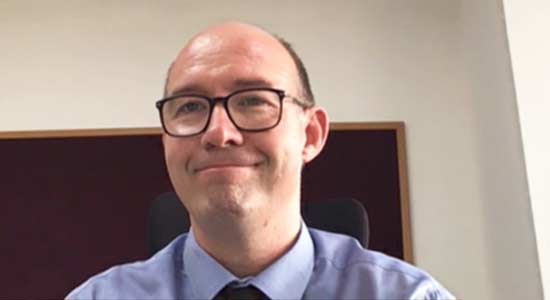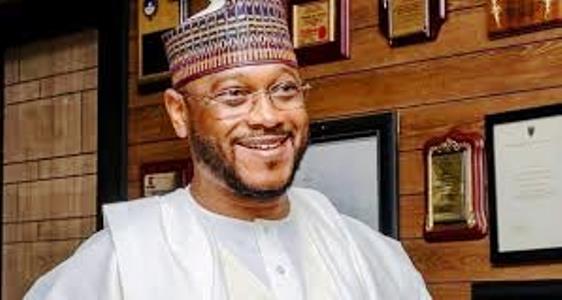UK condemns APC, Fani-Kayode over threat to make Nigeria “Ungovernable”, says 10 politicians on sanction list

*Condemns Anti-Igbo Campaign In Lagos
The United Kingdom government on Sunday revealed the names of people on its Visa Ban watchlist.
The British Deputy High Commissioner to Nigeria, Ben Llewellyn-Jones made the revelation while speaking in an interview with Nigeria Info FM, The Nigeria Lawyer online (thenigerialawyer.com) reported.

According to him, there are about 10 persons already on the visa ban watchlist, adding that they are the people undermining democracy in Nigeria.
Speaking further, Llewellyn faulted the All Progressives Congress (APC) Presidential Campaign Council’s Director of New Media, Femi Fani-Kayode for the derogatory remarks he made during the electoral season.
Some of the former minister’s tweets in reference to the opposition have contained words and phrases deemed derogatory, divisive and inciting.
Recall that last month, Fani-Kayode was invited for questioning by the Department of State Services (DSS), for claiming that the presidential flag bearer of the People’s Democratic Party (PDP), Atiku Abubakar, had a meeting with army generals before the elections.
Reacting to the development, Llewellyn-Jones said, “Yes, let’s be specific, there were some people, like Femi Fani-Kayode, what is he saying and why is he saying it? I don’t understand.
“It is wrong from my perspective that he will speak on behalf of a party and that party does not distance itself from him and say stop doing that. It is wrong to say that.”
“We have a list, we are working through our list but we don’t publish those names. I know people say we should, but we have laws, and the law prevents us from doing that.
“At the moment the list is between 5 and 10 and growing,” he added.
He also condemned ethnic profiling and disenfranchisement of Igbos in Lagos during the just concluded governorship election held on March 18.
“People chanting anti-Igbo messages and walking on the streets by polling units on election day is totally unacceptable. Not just in Lagos, but also in Enugu and Rivers where we had our teams as well and many other places,” Ben Llewellyn-Jones, British deputy high commissioner to Nigeria, said.
“Why is it that people who pay taxes, who work, who provide teachers, who build businesses, who create jobs, who live in Lagos, who happen to be from a different ethnicity to some other people are not Lagosians? Of course, they are.
“The strength of Lagos is its diversity, and if Lagos can’t be that kind of cosmopolitan melting pot of culture and language and all the things it should be, then really how is Lagos going to succeed?
“If you live in London, you are a Londoner, a British-Pakistan is a Londoner. The British Prime Minister lives in London. My boss, the British foreign Secretary, is clearly British-Sierra Leone and lives in London, they are Londoners,” Mr Llewellyn-Jones said.
The UK and United States have condemned violence and voter intimidation that marred the March 18 election across the country, threatening sanctions against political actors responsible for it.
Ethnic tension rocked Lagos in the days running up to the governorship election as operatives of the All Progressives Congress parroted ethnic-laced rhetoric to scare opposition voters away from the election. On the voting day proper, APC thugs roamed the streets unfettered, warning those who will not vote for their party to stay indoors.
Before the election, Musiliu ‘MC Oluomo, a notorious All Progressives Congress thug in Lagos, threatened Igbos who would not vote for the APC to stay indoors. However, Nigerian Police dismissed his threat as a joke.
After the election, Bayo Onanuga, spokesman for President-elect Bola Tinubu took to Twitter to push a toxic anti-Igbo message, calling for total exclusion of Igbos from politics of Lagos, Nigeria’ commercial and cosmopolitan city.
Condemned for his divisive statement, Mr Onanuga doubled down on his position, calling Igbos “existential threats to Yorubas”. Contrary to Mr Onanuga’s stance, the Igbos and Yorubas have coexisted peacefully for decades in Lagos and other parts of the country.









